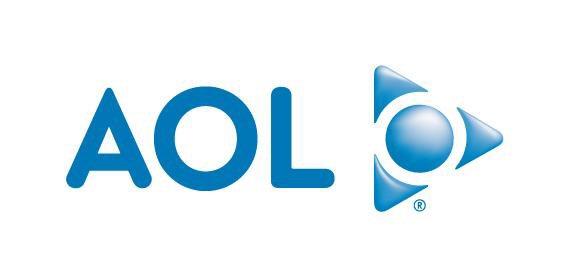
AOL, which is in its third corporate incarnation, bought the Huffington Post on Sunday. "Fa fa blip blip" is what I wish could write. But this deal, valued at $315 million, was the counterlede story in the next day's Times, indicating how prominent a place the Huffington Post now occupies in the media industry and how ingrained AOL is. That both are so closely watched reveals quite a bit about the state of the news business.
Very few people still use AOL's dial-up service to connect the Internet, so for the past several years, the company has re-fashioned itself as a content provider, publishing news and blogs. After scouting the results in a recent, prescient company profile, Ken Auletta, the New Yorker's media reporter, wrote that the quality of AOL's reportage and analysis is uneven and regularly vapid. One of its largest endeavors is Patch, a network of intensely local news sites focused on wealthy suburbs in major metro areas. The Boston version was one of the first to start and I like and respect the people I know of who are involved in it. The quality is good enough, but these sites represent a general retreat from the public sphere that is troubling. Instead of policy, politics, culture, sports and other facets of life that are widely important, we have the lemonade stand on your neighbor's front lawn. This isn't much of an exaggeration, based on the items on today's home page at the Watertown Patch: the state tree warden association, the father-daughter dance, the library and snow removal appear. Provincial suburbia replaces cosmopolitan urbanism.
As for the Huffington Post, I can never move past its unabashedly political reporting. It still largely relies on punditry and news aggregation rather than original reporting, as do most online news sites, because the first two are significantly less expensive than the third -- one of the reasons why the Times and its peers routinely lose so much money. Of course, the Times loses money for lots of other reasons -- the expense of increasingly anachronistic home delivery; its inability to productively monetize its Web presence -- but it also spends millions annually on bureaus in Iraq and Afghanistan, which most others, especially AOL and the Huffington Post, don't.
That these two companies' merger somehow creates an equation where "1 + 1 = 11," as AOL Chief Executive Tim Armstrong said Sunday, is a disappointing summary of today's news business. Neither is a serious news provider but yet, they're taken quite seriously and occupy a spot in the industry that they don't yet deserve.
No comments:
Post a Comment